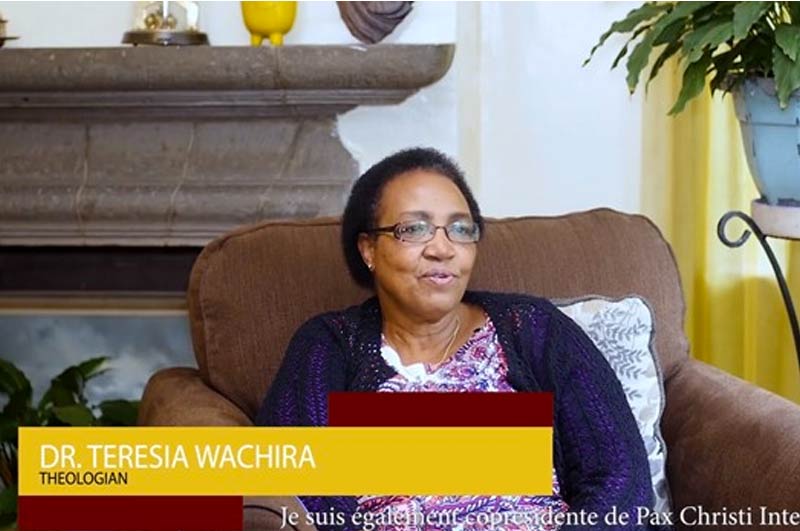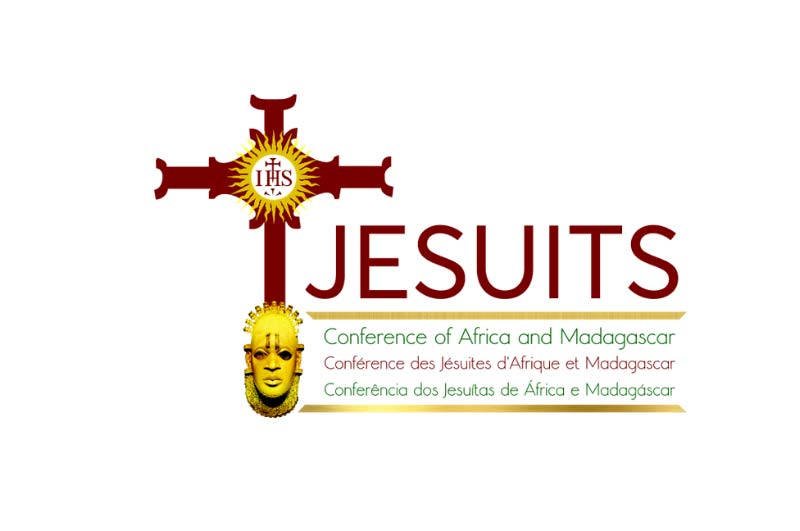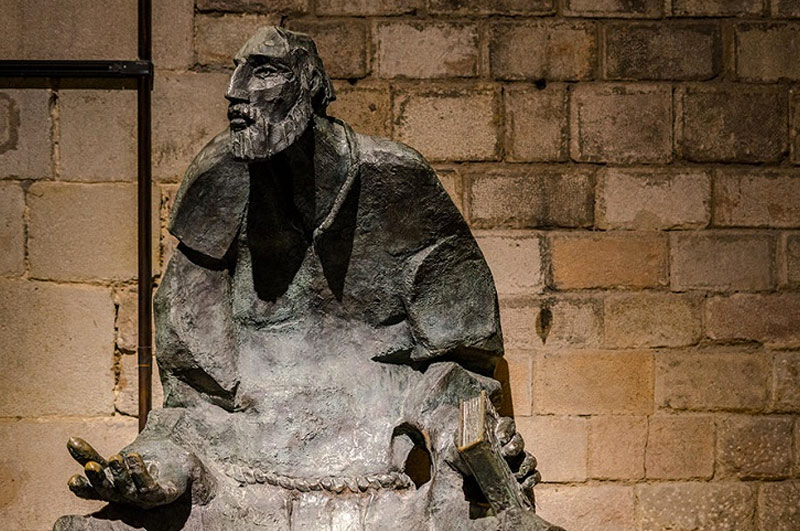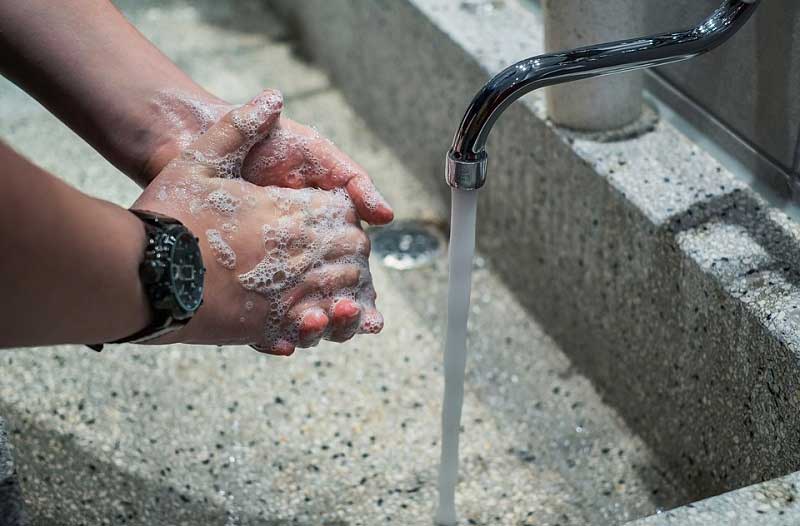


A Letter to Jesuits and Collaborators in the Jesuit Conference of Africa and Madagascar (JCAM)
Dear companions and collaborators in the mission of Christ: The coronavirus disease outbreak has spawned or heightened the significance of social and public health vocabulary about necessary preventive measures. Public discourse is rife with special registers such as social distancing, social isolation, self-isolation, lockdown and quarantine. These measures are reinforced by public health advice about personal hygiene in the workplace, school, commercial establishment and home. By adopting these measures as present circumstances dictate we slow, contain and curb the spread of the virus.
In essence we lessen the risk of infecting others. Also, they prioritize the responsibility of everybody to adhere to the best evidence-based public health advice. It is laudable when we take such personal responsibility in the time of a global public health crisis. After all, as Greta Thunberg never tires of reminding us regarding another serious global crisis, “no one is too small to make a difference.” To ignore this message is to put others, including loved ones, at risk. Or, as we say in Africa, “when one finger touches oil it soon soils the others.”
There is another side to the unfolding drama of this modern-day pandemic. Although public health advice emphasises personal responsibility and action, it does not dispense with the bigger picture and underlying moral considerations. Strict adherence to preventive measures does not amount to a self-interested strategy of self-preservation. COVID-19 is a global pandemic; we are all at risk of infection. We are in this together. Restriction of public mobility and disruption of routine affect us all. As we take personal responsibility we do so not merely out of compulsion but out of consideration for one another. Our duty of self-care and personal hygiene draws motivation from the principles and practice of solidarity, compassion and the common good.

Whether it is voluntary or imposed, confinement to personal space and reduced social and physical interaction with others can trigger negative psychological feelings, like boredom, isolation and frustration. As an antidote to the resultant stress and distress, this global pandemic invites the practice of solidarity and deeper connection. Pope John Paul once wrote that solidarity “is not a feeling of vague compassion or shallow distress at the misfortunes of so many people, both near and far. On the contrary, it is a firm and persevering determination to commit oneself to the common good; that is to say to the good of all and of each individual, because we are all really responsible for all.” We may refrain from taking part in our usual day-to-day activities and focus on keeping ourselves safe, but it helps to keep sight of the care we owe one another, especially the elderly who are most vulnerable to COVID-19. Solidarity invites us to walk with them and with one another in compassion and love. Outside of physical contact, social media allows us multiple ways of connecting meaningfully via the telephone or the Internet.
Also, personal responsibility and self-care do not negate the imperative of compassion. In its basic practice, compassion is our capacity, as disciples of Christ, to live the passion as a shared experience. In the words of Pope Francis, compassion “means to suffer with, to suffer together, to not remain indifferent to the pain and suffering of others.” As infection and death rates from COVID-19 soar, our compassion is tested and summoned to the fore. This is a time for global passion and compassion. As an African proverb says, “A chicken develops headache when it sees another chicken in the cooking pot.” Compassion is not a function of whether or not all is well with me; it is about what is happening to the world, to others. At times like this, compassion is a call to be affected and to resist the temptation of indifference.
The twin principle and practice of solidarity and compassion lend moral weight to a deeper awareness of the common good. Knowing that we are all in this together and that our actions no matter how private and isolated can benefit others can mitigate the generalised distress caused by the coronavirus. In making ourselves safe, we also help to keep others safe, both near and far. As another proverb says, “When one hand washes the other, both hands are clean.” We take preventive measures not only because we are compelled to, but also because we care about the safety and wellbeing of others. Curiously, in a strange reversal of biblical logic, perhaps sacrifice is better than obedience (see 1 Samuel 15:22).
A particular area where our responsibility for the common good becomes crucial is communication and dissemination of information. Social media is awash with fake news about COVID-19. As we plug into our preferred and favourite news source, we have a moral duty not to spread false information about infection routes and cures. Misinformation exacerbates frustration and confusion, anxiety and fear. We are not at liberty to cause distress. Nor is it acceptable to stigmatise and vilify others through reckless use of social media.
Writing to the Christian community at Corinth, Paul the Apostle reminded them of the simple logic of solidarity and compassion: “And if one member suffers, all the members suffer with it; if one member is honoured, all the members rejoice with it” (1 Corinthians 12:26). There is no better time to practice this lesson than at this time when the world is reeling from the ravages of the coronavirus pandemic. Individual responsibility serves the greater good. Alongside our duty to pray and offer Masses for all those infected and affected, as well as healthcare personnel, COVID-19 confronts us with a simple question demanding an honest answer: Where is your sister? Where is your brother? (Genesis 4:9). We are one another’s keeper.
Yours in Christ’s mission,
Agbonkhianmeghe E. Orobator SJ President
EnglishRelated Articles

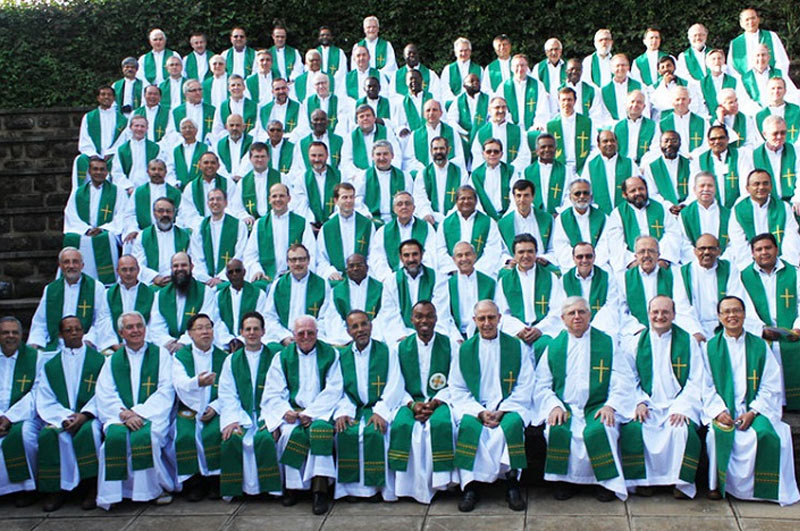
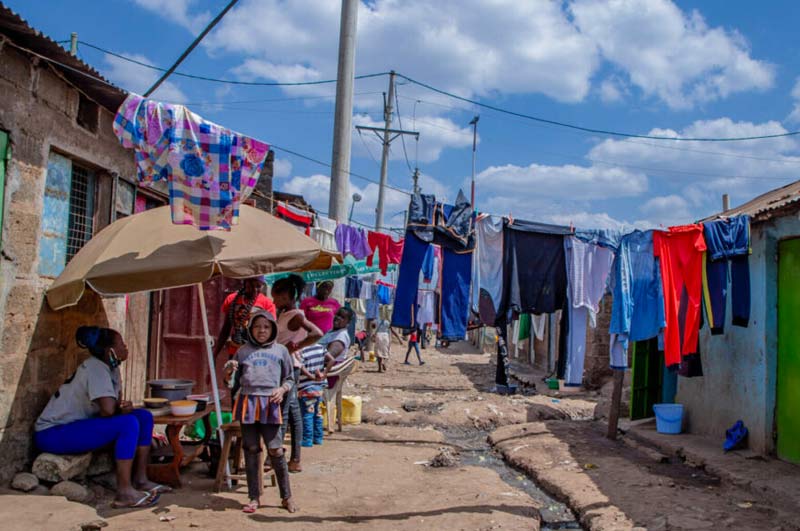
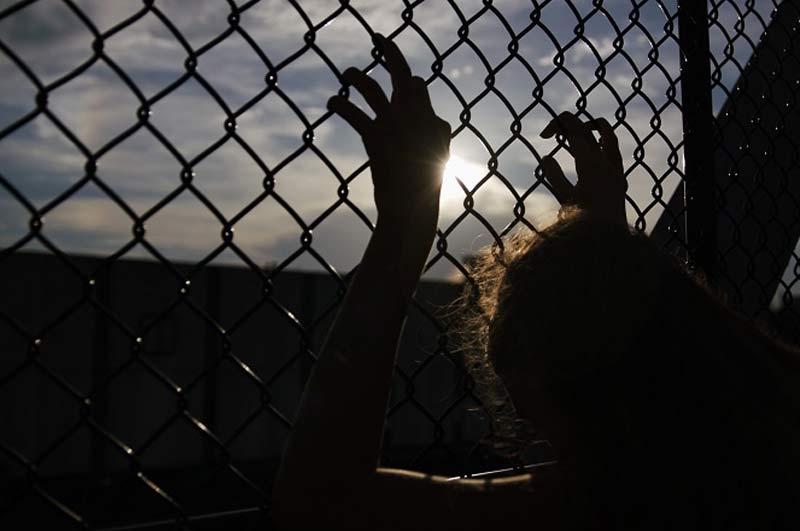
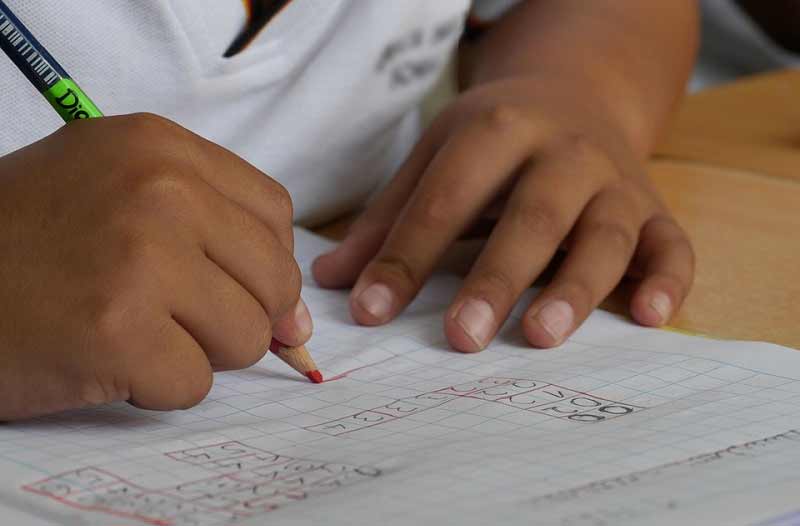
Select Payment Method
Pay by bank transfer
If you wish to make a donation by direct bank transfer please contact Fr Paul Hamill SJ treasurer@jesuits.africa. Fr Paul will get in touch with you about the best method of transfer for you and share account details with you. Donations can be one-off gifts or of any frequency; for example, you might wish to become a regular monthly donor of small amounts; that sort of reliable income can allow for very welcome forward planning in the development of the Society’s works in Africa and Madagascar.
Often it is easier to send a donation to an office within your own country and Fr Paul can advise on how that might be done. In some countries this kind of giving can also be recognised for tax relief and the necessary receipts will be issued.




